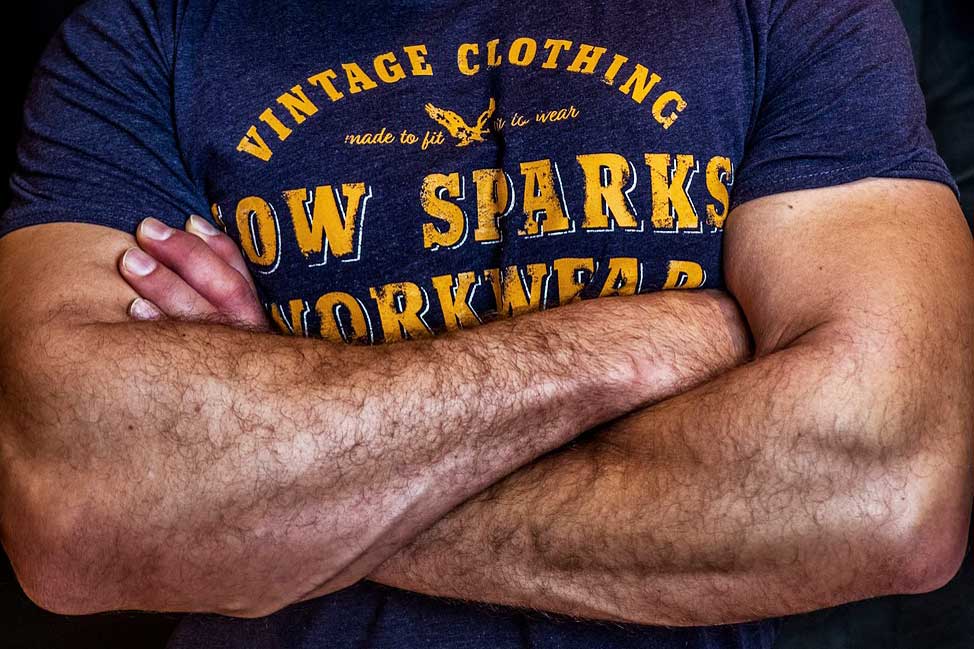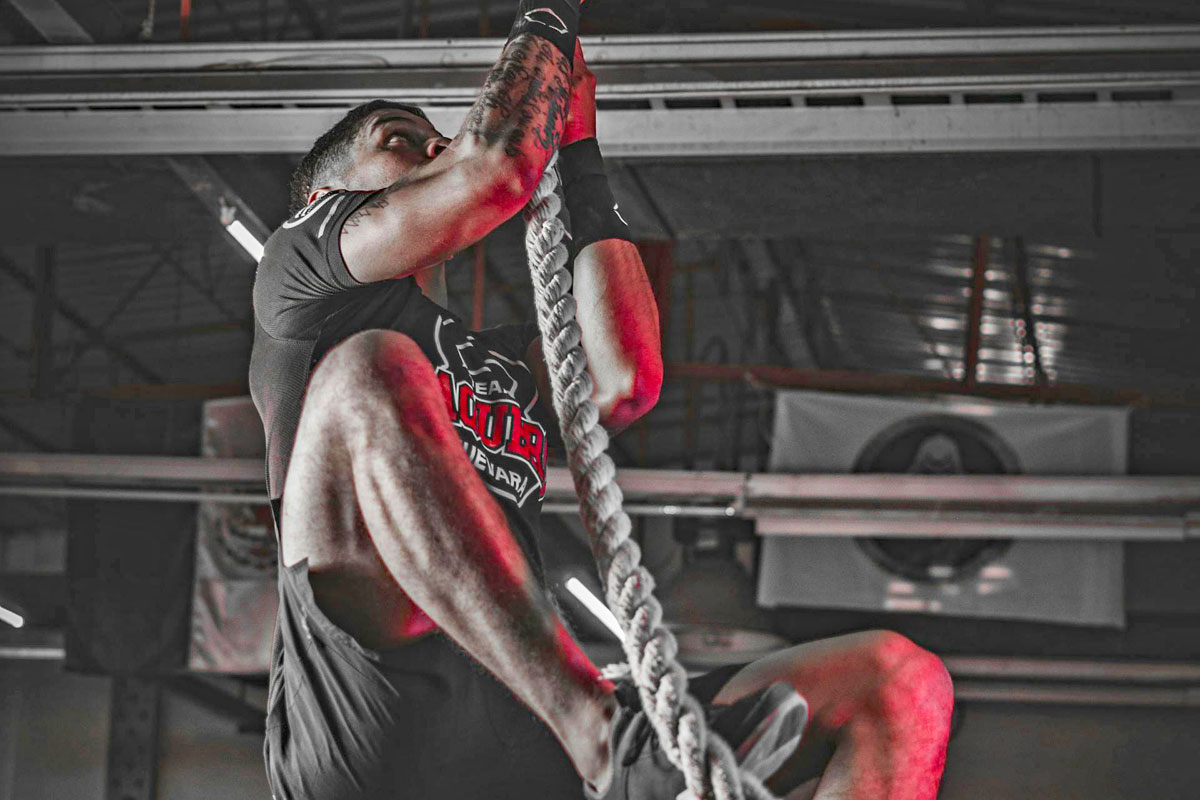From Meatheads to Midlife Crises: The American Dream in Lycra
Walk into any American gym on a Tuesday afternoon and you’ll likely meet the same guy in five different bodies: massive, veiny, bronzed like a Thanksgiving turkey, and somehow still screaming into their phone about protein intake like it’s a national security threat. These are the lifers—the ones who never left their high school football bodies behind, except now they carry their emotional baggage in a 50-pound gym bag plastered with “Beast Mode” stickers. You might think it's a lifestyle, but let's be honest—it's closer to a condition. A testosterone-fueled Peter Pan syndrome, just with more creatine and fewer happy thoughts.
Big Biceps, Small Talk: The British Version
Now cross the Atlantic to Britain, where gym culture has exploded in recent years faster than you can say “bulking season.” Yet, while the Americans grunt loudly about gains, the Brits prefer their dysfunctions dry, sarcastic, and wearing a tank top with the Union Jack. They might not scream at mirrors, but the obsession is the same. Shredded, bronzed, and half-starved, they strut through shopping malls like protein-fueled peacocks, only to spend Friday night crying into a chicken breast over their Tinder bio: “Gym. Tan. No carbs.” And it’s all part of the same transatlantic pathology: muscles first, mental health second—if at all.
Science Weighs In – And It’s Not Impressed
Recent research paints a less-than-glorious picture for long-term anabolic steroid users. In both the US and UK, new studies show increased risks of cardiovascular disease, hormonal imbalances, and irreversible organ damage among bodybuilders who rely heavily on performance-enhancing substances. But that doesn’t seem to faze our heroes of hypertrophy. After all, what’s a little myocardial fibrosis compared to the glory of a fully visible vascular deltoid? 0,0 The reality is brutal: many of these men are biologically older than their fathers, despite being half their age. It's like leasing a Ferrari and never changing the oil—eventually, something explodes, and it's usually not glamorous.
The Cult of Youth, Just With Bigger Triceps
Bodybuilding in these countries is no longer just about fitness. It’s about identity. A refusal to age gracefully. A rebellion against entropy. Unfortunately, the price is high. New endocrinological studies report severely suppressed natural testosterone production, leading to long-term fertility issues and emotional dysregulation. But hey, who needs kids when you’ve got 3% body fat and a selfie that got 40 likes from other shirtless men? It’s masculinity, monetized. (Ask J.D. V.... about that masculinity! ) And like most things in modern capitalism, it’s all about the image—even if the backend is collapsing faster than your kidneys on a cutting cycle.
The Supplement Fairy Tale
In both nations, the supplement industry is booming, selling dreams by the scoop. Americans swallow powders with names like “Demon Blood” and “Muscle Apocalypse,” while Brits chase their pre-workouts with phrases like “just a cheeky pump, mate.” The ingredients? Often unregulated, dubiously sourced, and medically concerning. But the packaging promises miracles, and who wouldn’t want to believe that greatness comes in a $79.99 tub of artificially flavored chalk? Recent UK lab tests on over-the-counter supplements found dozens contaminated with undeclared stimulants or steroids. Science says caution. Influencers say “use my code BRO20.” Guess who wins.
The Aesthetics of Decline
Let’s not ignore the visual. There is a certain tragic poetry in watching a 55-year-old man in a stringer tank top navigating an airport security line with the mobility of a rusted forklift. His skin is tanned to the color of overcooked salmon. His gait? Somewhere between a penguin and a pulled hamstring. And while he might command awe from the occasional gym newbie, the average bystander just wonders if this guy is okay—or if he needs medical attention. In their quest to look superhuman, many end up looking… off.
The nipples are never quite where they should be, and the abs look more like a topographical map than a six-pack. Und when you spot the acne constellation across the back—thank you, dear anabolic steroids—that’s just part of the package. Especially when one of those volcanic pimples bursts mid-bench press and leaves a nice, oozing souvenir on the incline bench. Congratulations, my friend. You’ve officially arrived at the manliest destination known to mankind. Welcome to Mount Testosterone
Who Needs Therapy When You Have Deadlifts?
The mental health implications are no joke. A growing body of psychological literature links obsessive bodybuilding with body dysmorphic disorder, depression, and even anxiety linked to missed workouts—yes, that’s a real thing. The gym becomes both church and prison. One missed session, and it’s self-flagellation time—probably with a resistance band. Worse yet, vulnerability is off-limits. These men are hard—on the outside. Inside, they’re soft cheese wrapped in ego, terrified of looking “small,” both physically and emotionally. And yet, no gains can ever be big enough to fill the void of insecurity that set this whole saga in motion.
Muscles Fade, Memes Last Forever
Eventually, even the most dedicated gym rat must face the reality of biology. Sarcopenia, the age-related loss of muscle mass, does not care how many cycles you ran or how many Mr. Olympia DVDs you watched. And when the gym stops calling, and the joints scream louder than your old squat PR, what’s left? Hopefully some semblance of identity beyond how wide your lats flare in a tank top. Because if your self-worth is pinned entirely to how much you can bench, life post-menopause (and yes, men have a version too) is going to be a tough, painful wake-up call. And no, collagen supplements won't save you.
Time to Rerack the Delusions
The American and British bodybuilding scenes are less about health and more about illusion—an escape from aging, fear, and a society that says value lies only in youth and aesthetics. Underneath the pump and posing is a deeper crisis: identity, purpose, and the desperate desire to matter in a world that moves too fast for nuance. The gym is a sanctuary, sure. But maybe, just maybe, it’s time we let these guys step out of the squat rack and into something more human. Like therapy. Or books. Or a hobby that doesn’t involve potentially destroying your liver to impress strangers on Instagram. Because muscles don’t last forever. But dignity might.












